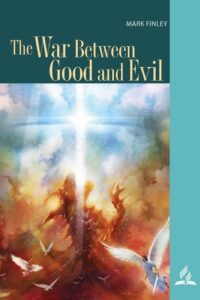Statesboro Seventh-day Adventist® Church
Church Mission Statement: “A praying fellowship unified in engaging visitors, members, and collegiates as we spread the gospel and make disciples of all while providing a place of Praise, Prayer, and Worship as we prepare for Christ’s soon return.”

HOME
HAPPY MOTHER'S DAY TO ALL THE MOTHERS IN THE WORLD, SPECIALLY THOSE AT THE STATEBORO SDA CHURCH.


CLICK HERE FOR THIS WEEK'S LESSON

WE ARE Part of A
Worldwide Church Family
The Seventh-Day Adventist Church is a mainstream Protestant church with approximately 95,297 churches,72,975 companies, 21,912,161 members worldwide, including more than one million members in North America. The Adventist Church operates 173 hospitals and sanitariums and more than 9,419 schools around the world with an enrollment of 2,023,844 The Adventist Development and Relief Agency (ADRA) works within communities in more than 130 countries to provide community development and disaster relief.
Join us!
We would love to meet you in person or online.
Our congregation comes together on the following days and times:
- Wednesday Nights: Prayer, Praise, and Testimony at 6:30 pm at the church and on ZOOM
- Saturdays - The Sabbath:
Sabbath Services
9:00-9:15 a.m.- Private and Group prayer time in the Sanctuary
-
9:00-9:35 Light breakfast served
9:15 a.m. - Song Service9:45a.m. - Church at Study – Adult and Children’s Sabbath School
11:00 a.m. - Divine Worship




